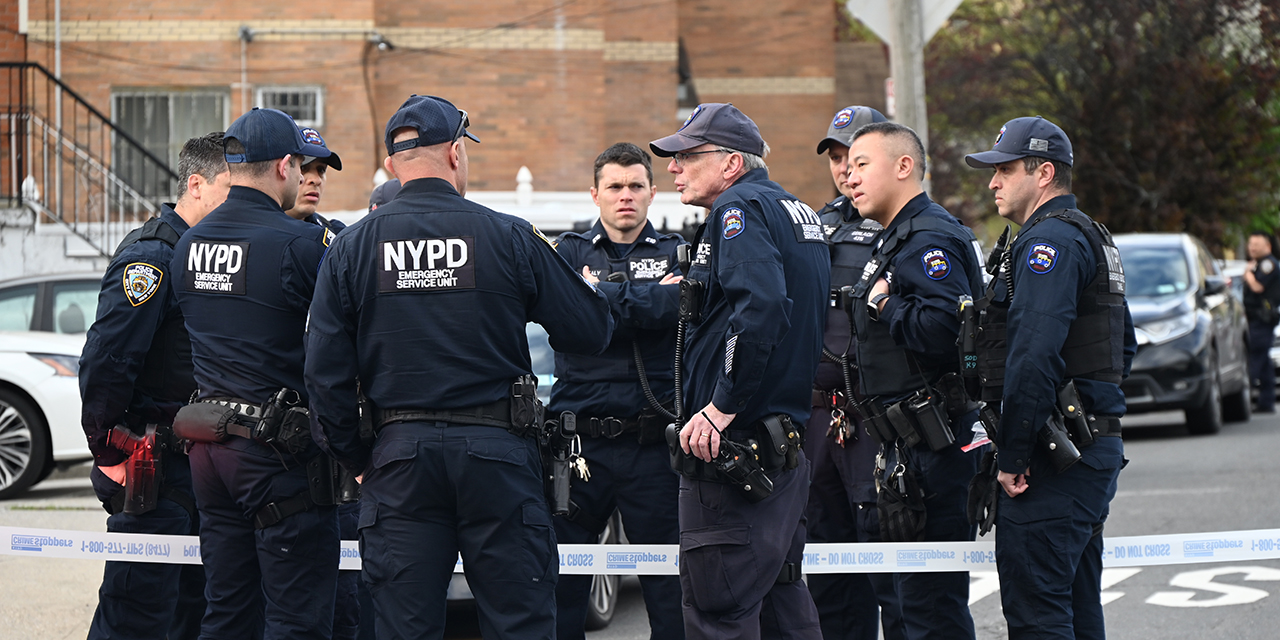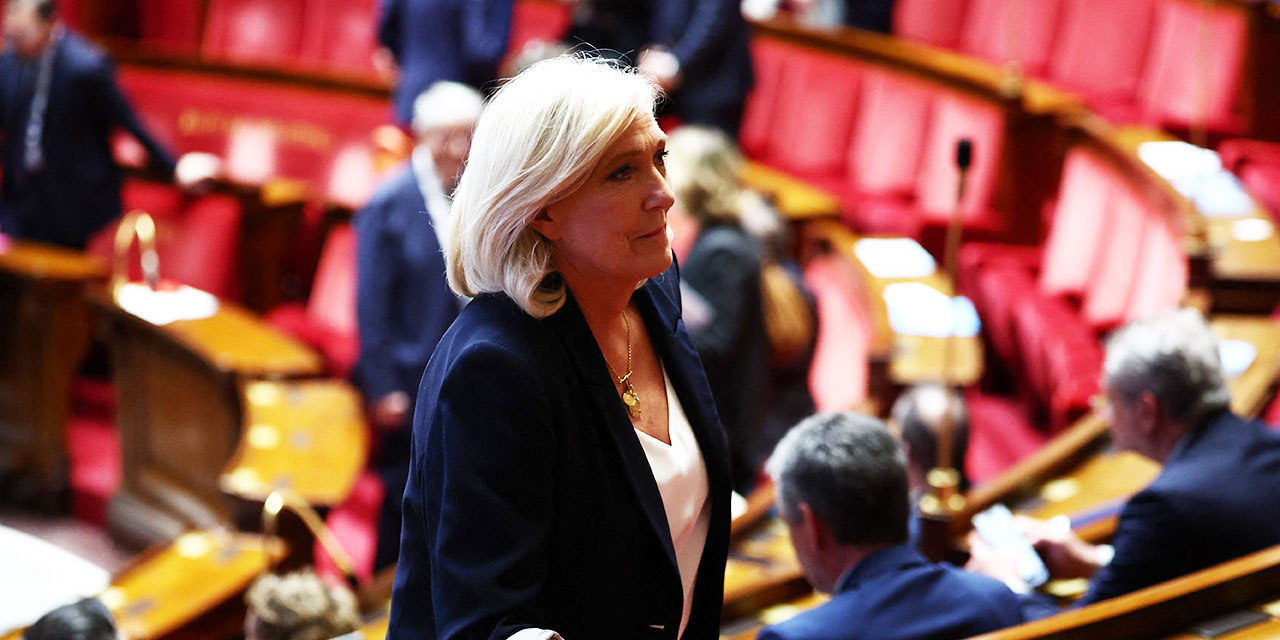In the wake of the attacks on the Brussels Airport and Métro, the Belgian security services have come in for much criticism. More significantly, in my opinion, the attacks have exposed the sheer frivolity of the Belgian criminal-justice system, a frivolity that it shares with the British and French systems, and no doubt several others, and which has turned the fight against crime into an elaborate and expensive—though lucrative—charade.
Nowhere is this better illustrated than in the case of the brothers El Bakraoui, Ibrahim and Khalid, who blew themselves up, together with many innocents, at the airport and in the Métro, respectively. I quote from the report in the French newspaper, Libération:
At the end of June, 2015, the Turkish authorities informed the Belgian embassy in Ankara that a certain Ibrahim El Bakraoui had been arrested at the Syrian border and that he was being sent to the Netherlands. The future airport kamikaze was already known to the Belgian police: he had previously been sentenced to nine years’ imprisonment for having shot at a policeman with a Kalashnikov during an armed robbery. Despite the unfavourable report from the prison in which he was held, the Tribunal for the Application of Punishments [the equivalent of the Parole Board] granted him conditional release in October, 2014 involving monthly appointments with probation.
Whatever may be the situation in the land of the Second Amendment, in Belgium, the possession and use of a Kalashnikov is not generally a sign of good citizenship or of a momentary lapse therefrom, such as we may all from time to time suffer. One might ask what a monthly meeting between Ibrahim El Bakraoui and a probation officer was supposed to achieve, other than a partial justification of the latter’s salary (who would, of course, have many other cases on his hands). One might also ask why El Bakraoui was returned to the Netherlands rather than to Belgium, and whose decision this was.
Nevertheless, El Bakraoui complied with the less-than-onerous condition of his release until May 19, 2015, after which trace of him was lost—by the Belgians. But once they learned that he was in the Netherlands, they made no effort to get him extradited. You would not have to be Sherlock Holmes to surmise that a man who had used a Kalashnikov before he went to Syria might be a dangerous man after returning. Even Dr. Watson might have guessed it.
We come now to brother Khalid:
Khalid El Bakraoui had violated the conditions of his release without being disturbed [by the authorities], Flemish newspapers revealed on Thursday. The 27-year-old Belgian, who blew himself up on Tuesday, had been sentenced to five years in prison in 2011 for the robbery of cars with violence. On 13 May, 2015 he was stopped by the police for a traffic offence (he was driving the wrong way down the street) in the company of an accomplice, in violation of the conditions of his release in December, 2013. The revocation of this release was asked for, but the Tribunal left El Bakraoui at liberty, on the grounds that he had complied with the other conditions laid down.
Again, one is struck not only by the leniency of the original sentence—the violent robbery of cars is not the result of a submission to momentary temptation—but also by the almost iron determination of the system to keep him out of prison at all costs, on the pretense that all was going along happily.
Alas, it is perfectly normal, usual, and expected, as I know from both experience of criminals and from the statistics in England, for released prisoners on probation to continue their lives of crime, undisturbed by the authorities. Given that so many Islamist terrorists graduate seamlessly to politico-religious crime from common delinquency, one can say with tolerable certainty that one of the root causes of such terrorism in Europe is liberal penology, with its view that punishment is therapy and prisons are hospitals for the temporarily disturbed or naughty.
This is a conclusion, however, that the liberal press will never draw, no matter how obvious it should become.
Photo by Lieven SOETE





